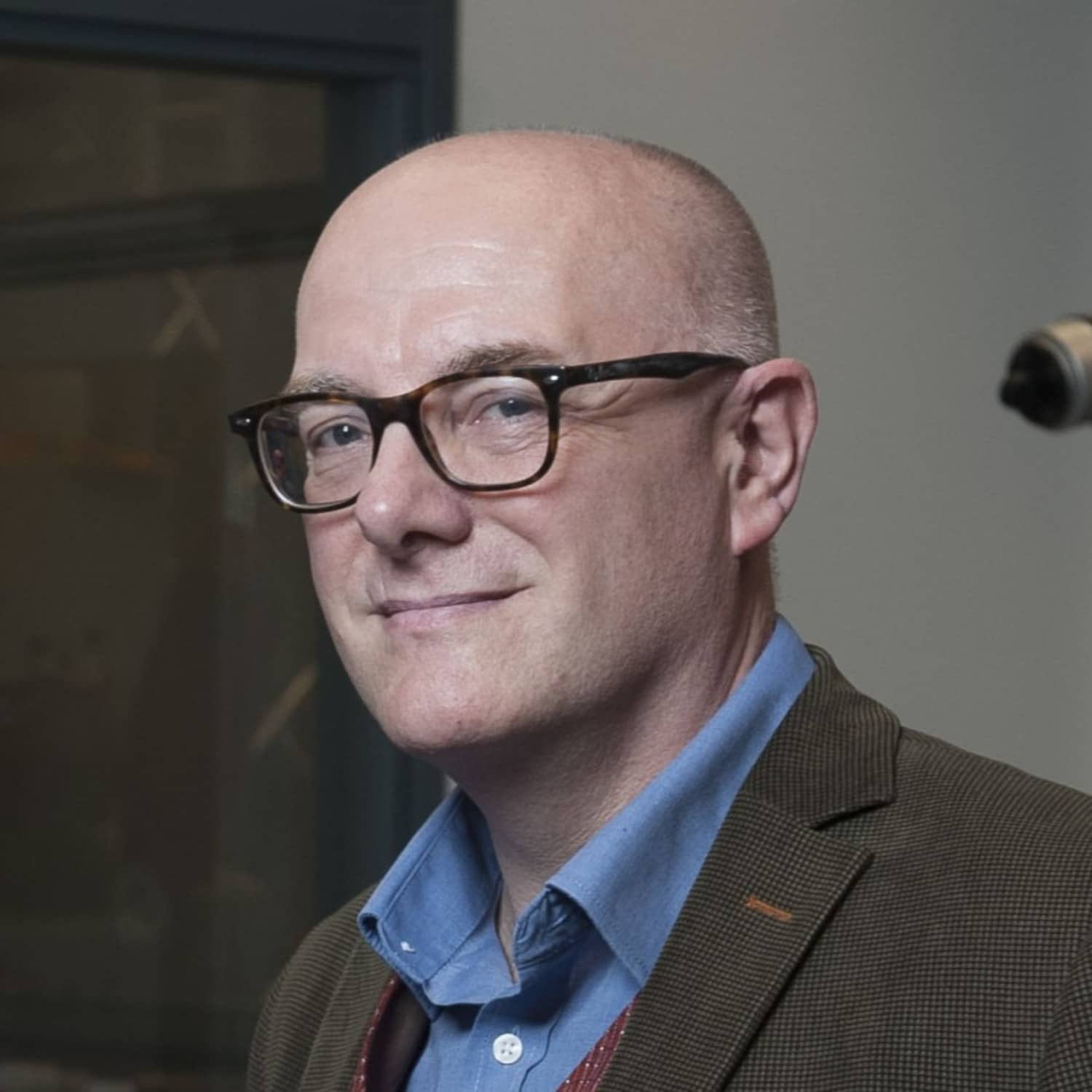Critical Raw Materials
Critical Raw Materials
Technology is central to a low carbon economy and to a circular built environment; but do you know the materials that are necessary to make solar panels or batteries? Do you know where they come from? Is it safe to use them? Apart from the considerable environmental and social harm, mining, processing and refining of these materials can jeopardize biodiversity as well as human rights. What is more, as countries all over the world are securing supplies for their own use, geopolitical tensions are rising. In this video, David will introduce you to what makes raw materials critical; he will also explain to you how many materials are considered to be critical today, where they are used and where they can be found.
Main Takeaways
- For the EU, a Critical Raw Material is one with high risk of supply disruption and, at the same time, with high economic importance.
- EU has a supply dependence on countries like China or the Democratic Republic of Congo (DRC) for a number of critical materials that are essential in the built environment and for technologies indispensable to modern society.
- Product Life Extension or PLE strategies can slow down the rate of critical material use. Remanufacturing for example is an excellent strategy for transitioning to a circular built environment.
Further Reading/ References
- Study of the EU’s list of Critical Raw Materials: Final Report (2020). DOWNLOAD REPORT
- Critical Raw Materials for Strategic Technologies and Sectors in the EU – A Foresight Study (2020). DOWNLOAD REPORT
- Raw Materials Information System Website
- Internal Market, Industry, Entrepreneurship and SMEs Website
- Pattisson, P. (2021, November 8). ‘Like slave and master’: DRC miners toil for 30p an hour to fuel electric cars. The Guardian. Website
- Evans, S., Plumpton, H. & Peake L. (2021). Critical point: Securing the raw materials needed for the UK’s green transition. London: Green Alliance. DOWNLOAD REPORT
For an overview of materials’ extraction and use in the Dutch construction sector please see also:
- Veraart, F. (2018). Building Materials and Construction: Sustainability, Dependency and Foreign Suppliers. In Wellbeing, Sustainability and Social Development. Springer, Cham, pp. 417-434. https://doi.org/10.1007/978-3-319-76696-6_19
